T4K3.news
Traders' Libor convictions overturned by Supreme Court
Tom Hayes and Carlo Palombo have their convictions for Libor manipulation quashed by the Supreme Court.

Recent court rulings cast doubt on the prosecution of City traders linked to Libor manipulation.
Traders in Libor case face scrutiny over conviction errors
Tom Hayes and Carlo Palombo, traders previously convicted for manipulating the Libor benchmark interest rate, had their convictions overturned by the Supreme Court. The court emphasized significant legal errors during their trials, leading to questions about the Serious Fraud Office's handling of these cases. Hayes had received a lengthy sentence for what was deemed a technical crime, raising concerns about the fairness of such severe punishment. As these convictions are examined, there are implications for several other similar cases, potentially undermining the credibility of the prosecutions linked to the financial crisis.
Key Takeaways
"These cases were scapegoats for the sins that led to the financial crisis."
Sir David Davis emphasizes the unfortunate targeting of traders amid larger failures.
"The history of these two cases raises concerns about the effectiveness of the criminal appeal system."
This line from the Supreme Court points to systemic issues that may require reform.
"There was political appetite for prosecutions of individuals after the crisis."
This reflects the public's demand for accountability in the wake of financial scandals.
"If these convictions too are overthrown, little will be left of the SFO's pursuit of traders."
Davis suggests that overturning more convictions could undermine the SFO's credibility significantly.
The recent ruling highlights systemic issues within the UK legal framework regarding financial crime. The Supreme Court's emphasis on misdirection in the original trials suggests a troubling pattern where severe penalties were imposed on individuals, despite significant ambiguities in legal interpretations. This case exemplifies a broader concern about scapegoating in the wake of the financial crisis, as the focus appears to have shifted from corporate accountability to targeting individual traders. As the legal landscape evolves, pressure mounts for reforms that ensure justice and clarity in prosecuting financial misconduct.
Highlights
- The court's ruling reveals serious flaws in the prosecution of traders.
- Hayes's case highlights the issues of scapegoating in financial crime.
- Legal misdirection in trials raises serious questions about justice.
- The integrity of the Serious Fraud Office is now under intense scrutiny.
Concerns over prosecutorial integrity
These cases illustrate potential failures in the Serious Fraud Office's prosecutorial process and risks in the criminal appeal system.
Reform may be necessary to rebuild trust in the legal system's approach to financial crime.
Enjoyed this? Let your friends know!
Related News
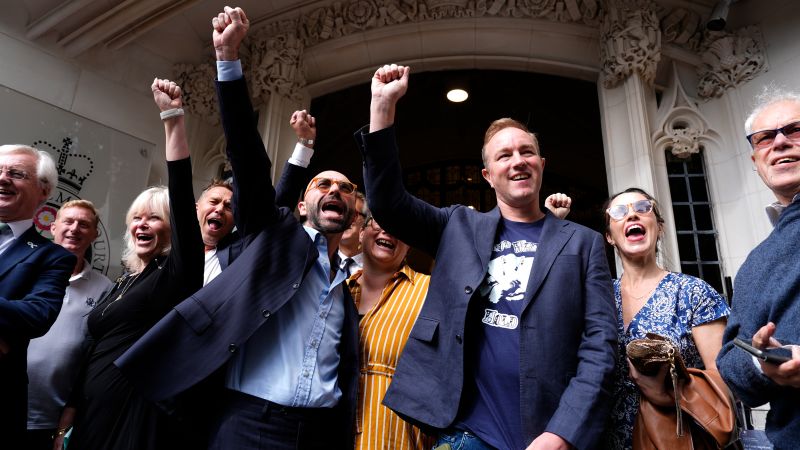
Hayes' appeal granted as conviction overturned

Supreme Court overturns convictions of traders

Supreme Court quashes Tom Hayes’ Libor conviction
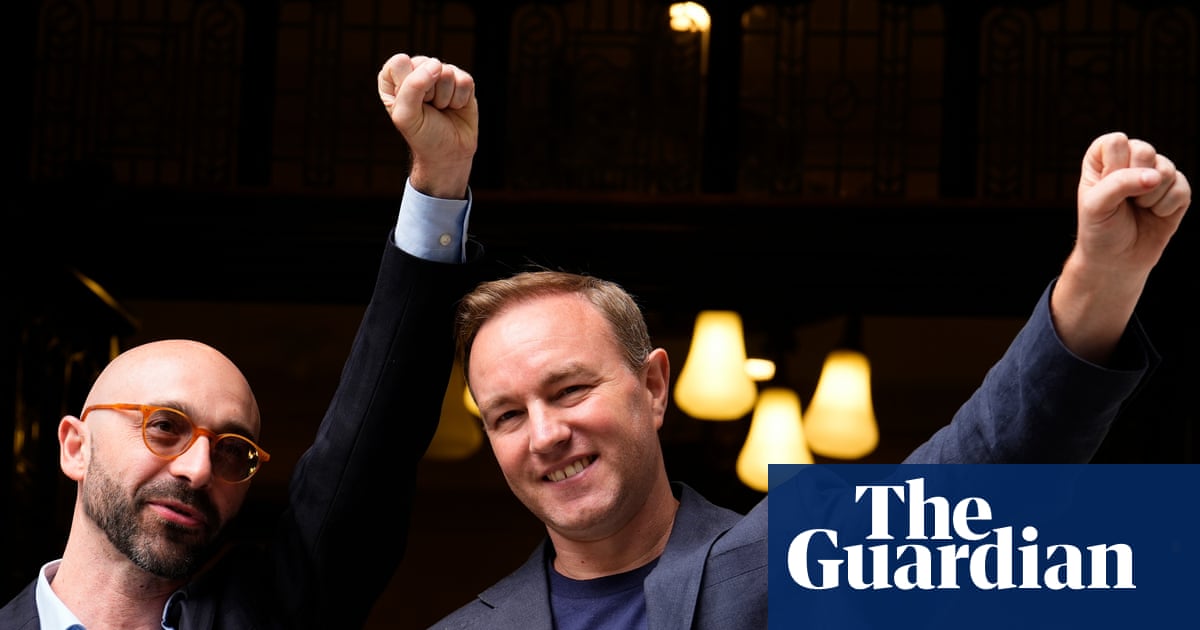
Supreme Court quashes Tom Hayes's Libor conviction
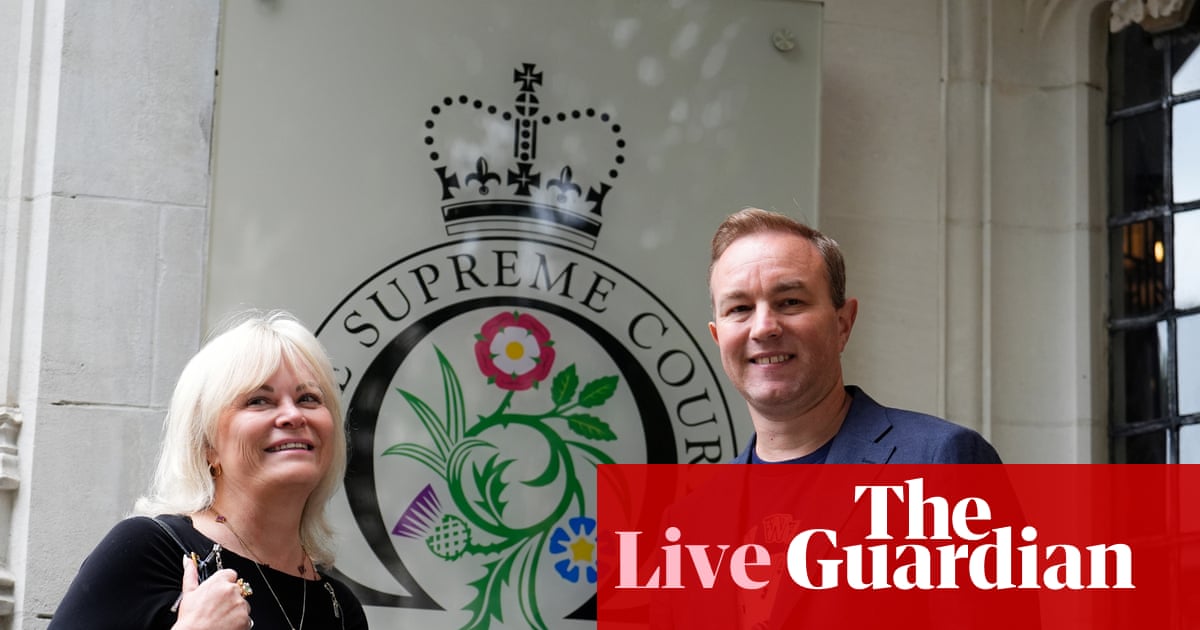
Supreme Court overturns convictions of two City traders
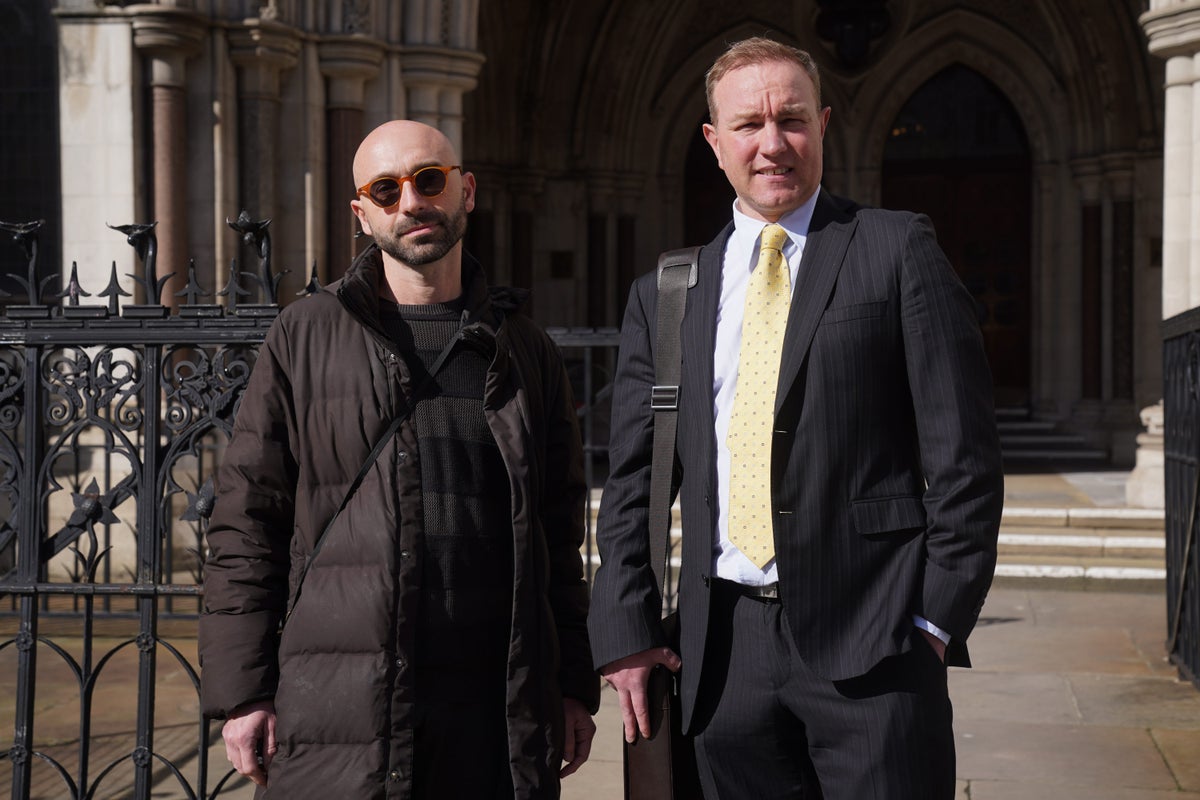
Supreme Court overturns trader convictions
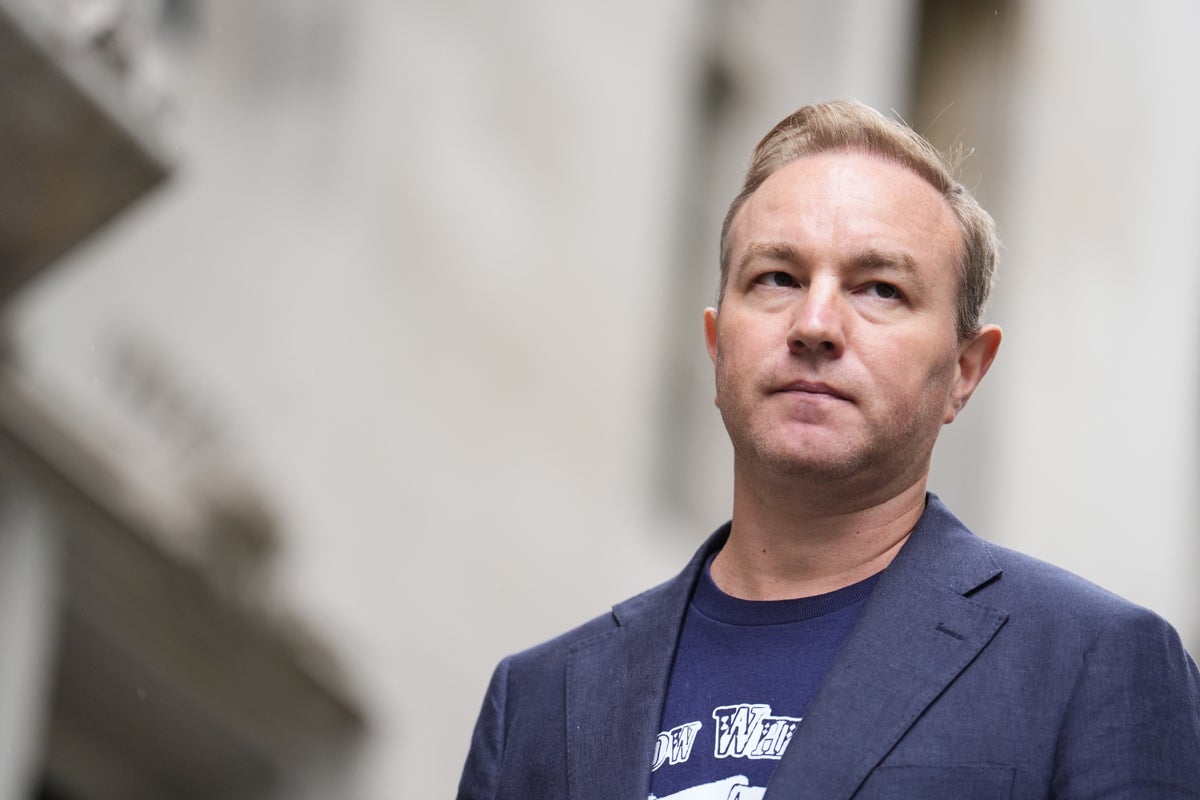
Supreme Court quashes Tom Hayes' conviction

Ghislaine Maxwell appeals to US Supreme Court
